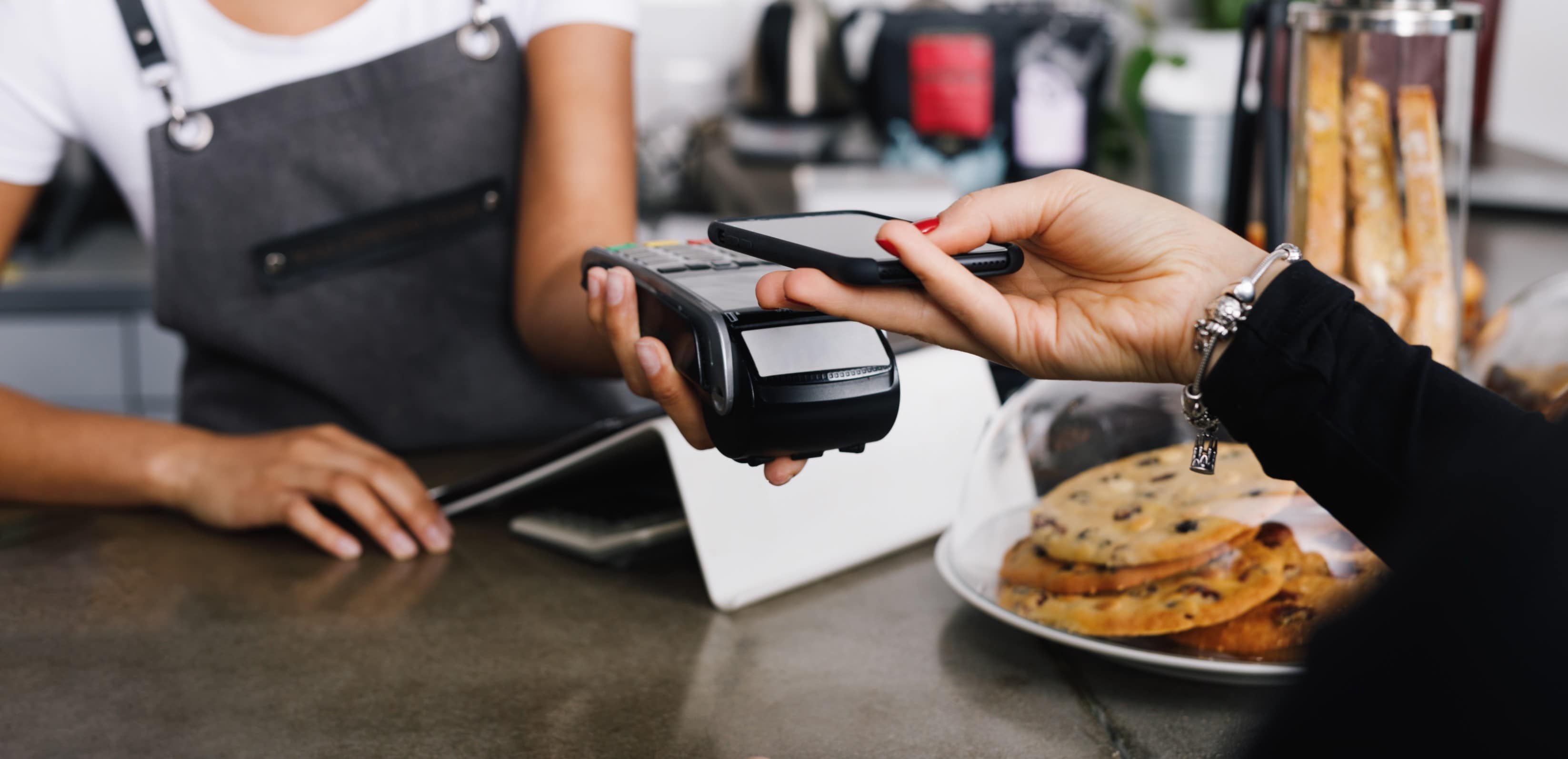{{item.title}}
{{item.text}}

{{item.text}}

Helping retail and consumer leaders to manage change and navigate complexity in order to be resilient, flexible and unlock value in the rapidly evolving landscape.
Companies must continue to invest in digital strategy and online offerings, as well as linking supply chain and fulfilment to online channels.
The changing environment has also prompted many companies to review their footprint and locations in the light of changing channels, consumer footfall and supply chain integration.
PwC has advised many of New Zealand’s largest listed and privately owned retailers across a wide variety of projects and roles, including assurance, tax, capital solutions, transactions services, M&A, restructuring, real estate, supply chain and digital consulting services.
We have a comprehensive understanding of the rapidly evolving retail environment (offline and online) and are uniquely placed to combine strategy with technical, industry and execution expertise. We pride ourselves on a focused partnership approach to our work in the sector, based on principles of trust, independence and challenging insight, using specialist teams tailored to specific client needs.
{{item.text}}

{{item.text}}
